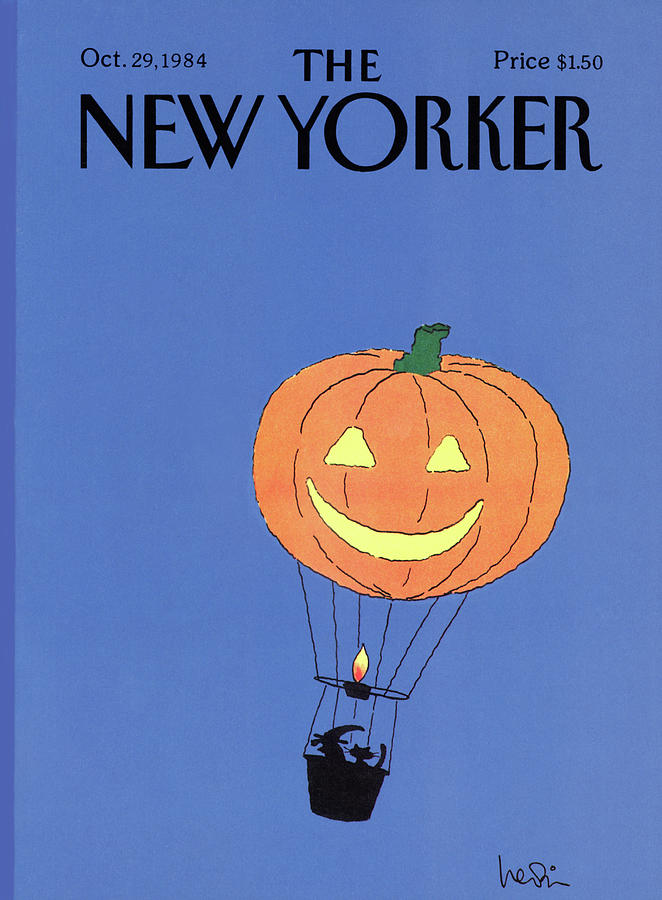A few interesting things in the New Yorker jazz listings for October 29th, 1984.
First, Billy Eckstine - appearing at the Blue Note - was only fifty-one. He died after a stroke and a heart attack in 1992 and 1993, when he was seventy-eight years old. Miles Davis, who always cherished his time in Eckstine's famous big band in the 1940s, had died in 1991, at only sixty-five. Because so many of the legends of jazz had highly publicized careers in the 1940s, 1950s, and 1960s, it's easy to think of them as old, old men when they died in the 1990s. But they often were at the age when many other great musicians have still been making vibrant music. Billy Hart is seventy-six; next year, Joe Lovano will be sixty-five.
Second, Gil Evans was apparently playing "Charlie Parker tunes on top of a heavy rock beat" at Lush Life. There are a few videos on YouTube of Evans (whose band included Howard Johnson on tuba) playing in Japan with Jaco Pastorius in 1984. As far as seamless transitions into the world of pop and rock go, I'd say this isn't exactly in my top ten:
Nevertheless, it's a good example of what can be learned from these jazz listings: they present the reality of the music scene, not necessarily the highlights.
Third, I think it's interesting that Ahmad Jamal, playing at the Village Vanguard, is even in 1984 described as "controversial," an allusion to accusations of cocktail-pianism leveled at him early in his career (Martin Williams didn't like him). Perhaps this is just the pre-Wynton Marsalis world (although Wynton is also appearing at the Vanguard - but I mean pre-Wynton's educational initiatives), before the narrative of jazz history was codified. Jamal is now naturally slotted as a minor player before Miles's first Great Quintet with Coltrane for his influence on Miles's tune choices and and piano preferences; his actual music is rarely discussed in overviews of the history. Still, it seems weird to still be calling Jamal controversial a quarter-century after "Poinciana."
Actually, The New York Times noted Jamal's run at the Vanguard on October 29th as well. The paper wrote that
Ahmad Jamal's primary distinction as a jazz pianist has been in his use of dynamics and coloristic effects. He established this musical identity almost 30 years ago when, leading a trio that included the superb bassist, Israel Crosby, and the drummer Vernel Fournier, he made subtle and sometimes dramatic use of silence and of Mr. Crosby's exquisite touch on bass.
Jamal's last record had come out in 1982 - information about American Classical Music isn't readily available. His next record came out in 1985; Scott Yanow calls it "not essential."
*
From The New Yorker, October 29th, 1984:










No comments:
Post a Comment